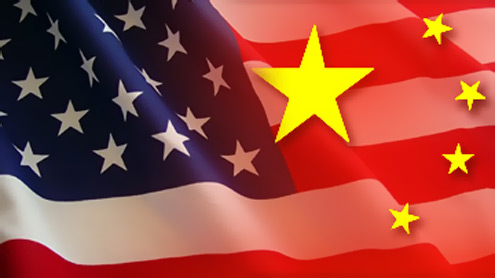The U.S. has become an obvious breaker of international trade rules

Beijing. March 28. Silkroadnews - Different from being a major maker of international trade rules, the U.S. has become an obvious breaker of them, experts and entrepreneurs from home and abroad said, warning the U.S. to stop the unreasonable decision and bring China-US economic and trade ties back to normal, People’s Daily reports.
The investigation, based on U.S. domestic laws, went against the international trade rules, said Wang Yiming, deputy director of the Development Research Center of the State Council.
Wang said the logic behind the U.S. trade moves was rough and outdated, and the results of the investigation were not objective.
“The measures taken by the Trump Administration were disappointing,” said Nicholas Stern, professor of the London School of Economics and Political Science and president of the Royal Economic Society.
The US has adopted a very inappropriate way to address the U.S-China trade deficit, which does not come from the U.S’s foreign trade with a specific country, it comes from the imbalance between its own fiscal revenue and expenditure, the professor pointed out.
Zhu Min, head of the National Institute of Financial Research at Tsinghua University said that once a trade war starts, the cost, price and flow of commodities will all change. The U.S. was a major maker of international trade rules, but what it is doing is obviously sabotaging the rules, Zhu added.
China and the U.S. are economically interrelated, and a longer period of dialogue is needed to solve their dispute, said Charles-Edouard Bouee, CEO of international consulting firm Roland Berger, who added that China has expressed its clear stance that this is not a unilateral dialogue and the U.S. should also be engaged in this.
An important cause of the trade imbalance is the fact that U.S. goods are less competitive in the Chinese market, said Long Guoqiang, deputy director of the Development Research Center of the State Council. "Solutions to the U.S-China trade deficit do not come from cutting exports from China, but from U.S. enterprises making their products more competitive," he pointed out.


